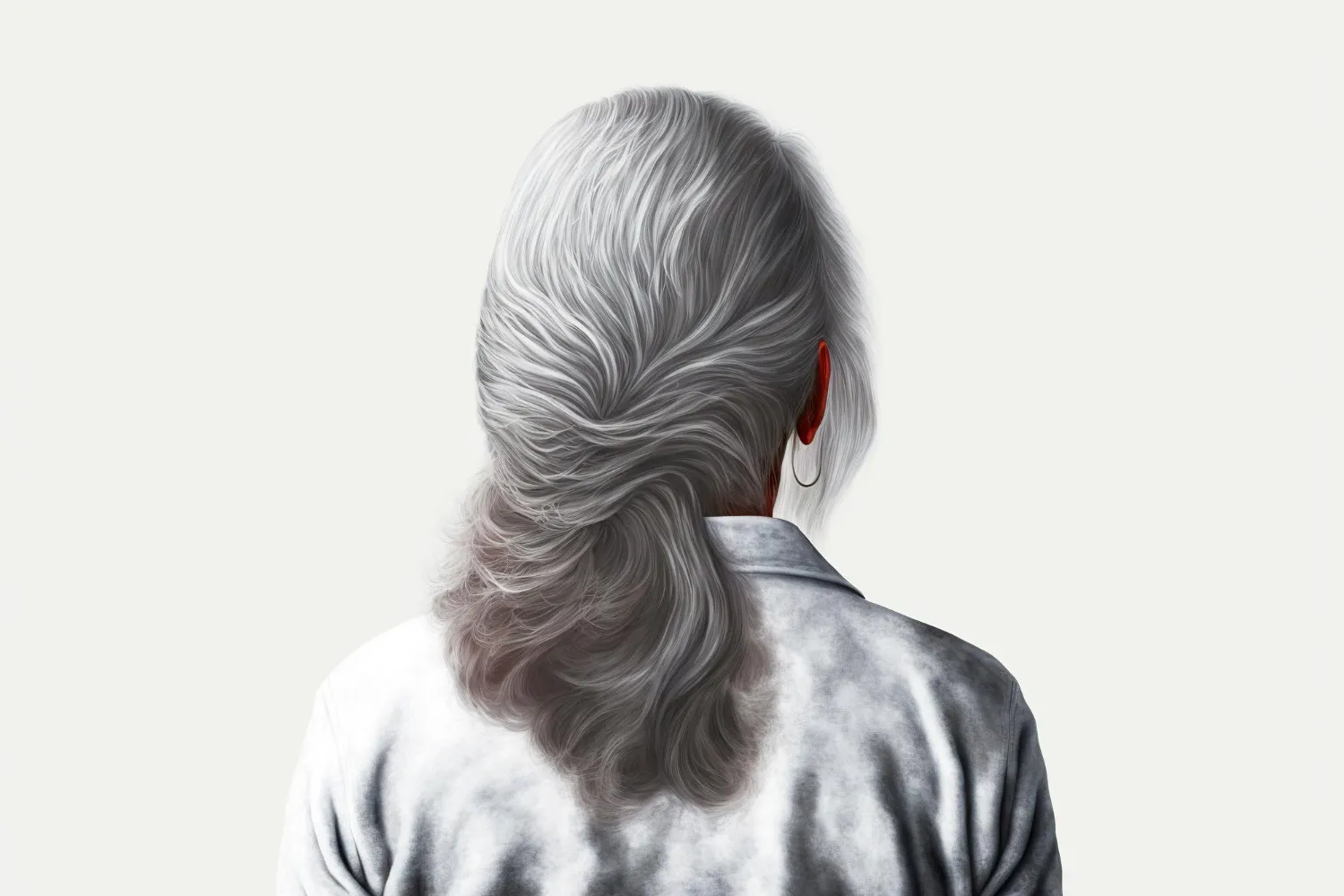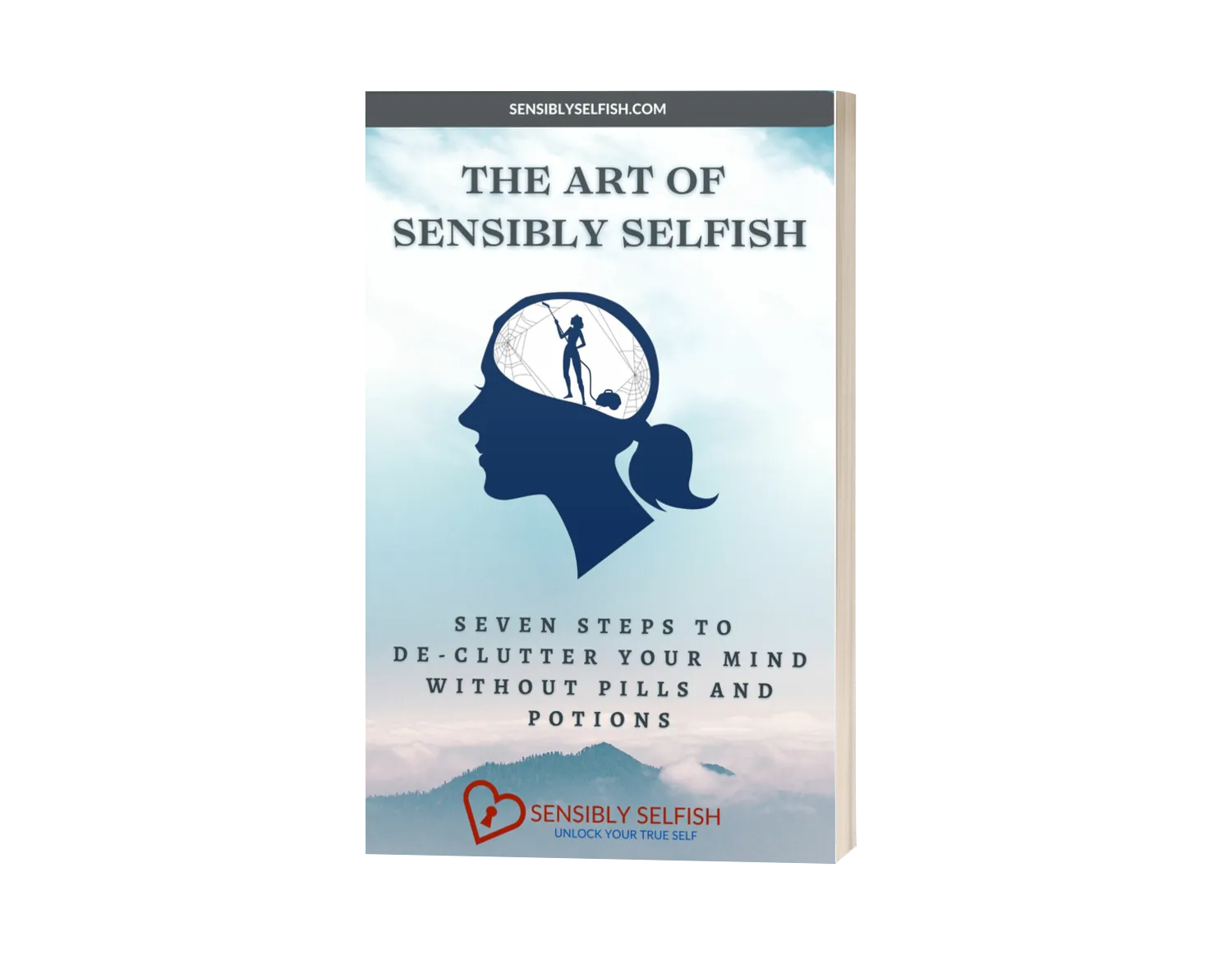Nurturing Self Whilst Nurturing Others
Self-Care for Women in Caregiving Roles

[Toc]
Introduction
Picture this: the sun gently peeks through the curtains as a new day dawns, and you, a remarkable woman over 45, rise to meet the world's demands. Your roles as a caregiver, and a nurturer, are woven into the fabric of your life. But amidst the chaos, there's a thread that's often forgotten: self-care.
Caregiving is a profound responsibility that often falls upon women over 45. It may be to juggle the demands of caring for aging parents, supporting their grown children, and managing their own lives, but the challenges can become overwhelming. In this intricate web of responsibilities, self-care is often neglected due to misconceptions that it's a luxury or a selfish act. However, the truth is that self-care is not only vital but also integral to effective caregiving
Let's debunk the myths, celebrate the essence of self-care, and discover how it's the secret ingredient that transforms you into an even more extraordinary caregiver.

The Crucial Role of Self-Care
"Self-care is not an indulgence; it's a vital component of sustaining your caregiving journey. By prioritizing your well-being, you're ensuring you have the strength and resilience to provide the best care possible." - Dr. Maya Johnson, Geriatrician, and Author
Imagine you're a gardener, tending to a flourishing garden of relationships and responsibilities. Just as a garden needs nurturing, so do you. Self-care isn't a selfish escape; it's a nurturing oasis that revitalizes your spirit. The more you water your own well-being, the more abundant your capacity to care for others becomes. It's the dance of balance that turns caregiving into an art of love and resilience.
Self-care is not synonymous with selfishness. It's a strategic investment in maintaining the physical, mental, and emotional reserves needed to fulfill caregiving roles effectively. When caregivers prioritize their own well-being, they enhance their ability to provide quality care to their loved ones. It's a symbiotic relationship – self-care empowers caregivers to be more patient, understanding, and compassionate.
[CTA]
Understanding the Challenges
"Caregivers often bear the weight of multiple roles, and self-care is the anchor that prevents burnout. Remember, it's not about selfishness; it's about ensuring you're strong enough to be a source of strength for others." - Dr. Sarah Parker, Psychologist and Wellness Coach
Welcome to the world of multitasking marvels, the women who seamlessly navigate the roles of parent, child, and caregiver. It's a daily tightrope walk between tending to your parents' needs while ensuring your children spread their wings. The emotional rollercoaster can rival any theme park, leaving you with stress as your souvenir. Neglecting self-care on this adventure is like exploring a new city without a map – you're bound to get lost.
The challenges faced by women over 45 in caregiving roles are uniquely complex. Many belong to the "sandwich generation," caught between the needs of their aging parents and those of their children. The emotional toll is immense, leading to stress, anxiety, and even burnout. Neglecting self-care in this scenario is counterproductive, as it can result in compromised physical health, strained relationships, and a diminished sense of self.
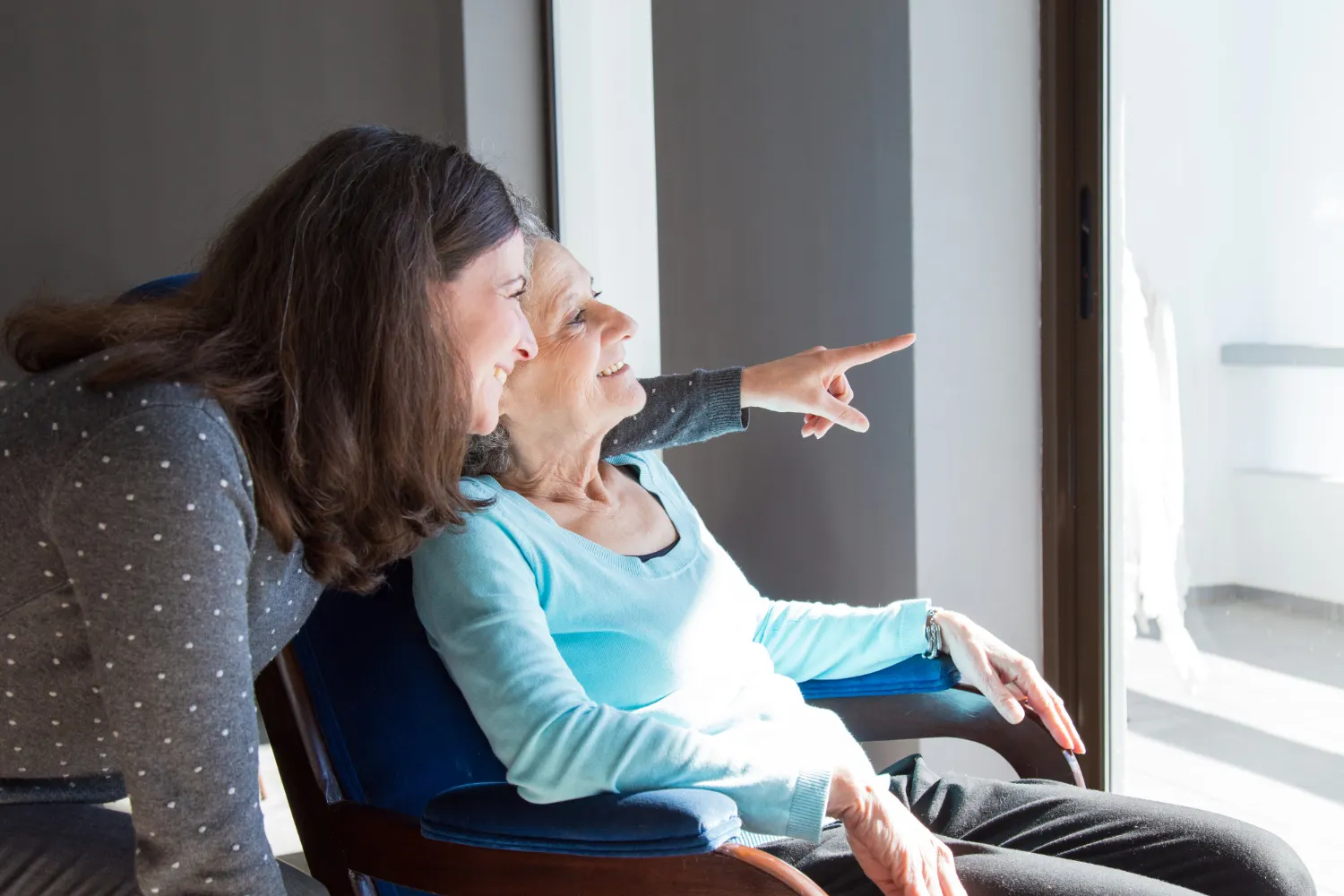
Tailoring Self-Care for Caregivers
"The journey of caregiving is like a marathon. Just as runners fuel themselves to maintain their pace, caregivers must nurture their physical, mental, and emotional health to sustain the long haul." - Dr. Emily Chen, Family Medicine Physician
Let's treat self-care like a tailor-made gown, stitched to perfection to fit your unique contours. For the empowered woman over 45, self-care is an art form. Find pockets of serenity in your day – whether it's a few moments of deep breathing or stealing time for a solo dance party. Let your self-care routine be an affirmation of your worthiness, a declaration that you deserve this nurturing just as much as anyone else.
Self-care isn't a one-size-fits-all concept. Caregivers need to tailor their self-care routines to their individual circumstances. For women over 45, this might mean incorporating short mindfulness practices during moments of solitude, taking brisk walks in nature, or dedicating time to journaling their thoughts and emotions. By personalizing self-care, caregivers can ensure it aligns with their schedules and preferences.
Practical Strategies for Self-Care
"Self-care isn't a luxury; it's a necessity. Just as you'd never skip a meal or neglect a loved one, treat your own needs with the same commitment. Your well-being is the foundation upon which caregiving flourishes." - Jane Simmons, Caregiver Support Advocate
Consider self-care your personalized toolbox, filled with strategies that replenish your vitality. Time management is like conducting a symphony, setting the tempo for your day. Engage in physical activity and watch your endorphins dance like fireflies in the twilight. Nourish your body with foods that energize, and sip water like it's the elixir of life. Hobbies and interests are the passport to the world beyond your caregiving roles, reminding you of your vibrant identity.
A toolkit of practical self-care strategies can be immensely valuable. Effective techniques, like setting boundaries and delegating tasks, allow caregivers to manage their responsibilities more efficiently.
Overcoming Guilt and Prioritizing Yourself
"Guilt often accompanies the decision to prioritize oneself. But consider this: self-care isn't an 'either/or' scenario. It's a 'both/and' equation, where nurturing yourself enhances your ability to nurture others." - Dr. Maria Ramirez, Clinical Psychologist
Guilt, the unwelcome guest at the caregiving banquet. But guess what? You're the host, and you have the power to show guilt to the exit door. Embrace the mantra that self-care isn't selfish; it's self-preservation. By nurturing your own flame, you fan the flames of your ability to care for others. Imagine guilt as a cloud drifting away, revealing the radiant sun of self-love.
Guilt is an emotional response characterized by feelings of remorse, responsibility, or self-blame of perceived wrongdoing, whether real or imagined, a common emotion that caregivers battle when considering self-care. It's crucial to recognize that prioritizing oneself isn't a betrayal of loved ones but a necessity. Shifting perspectives and understanding the symbiotic relationship between self-care and caregiving can help mitigate this guilt.
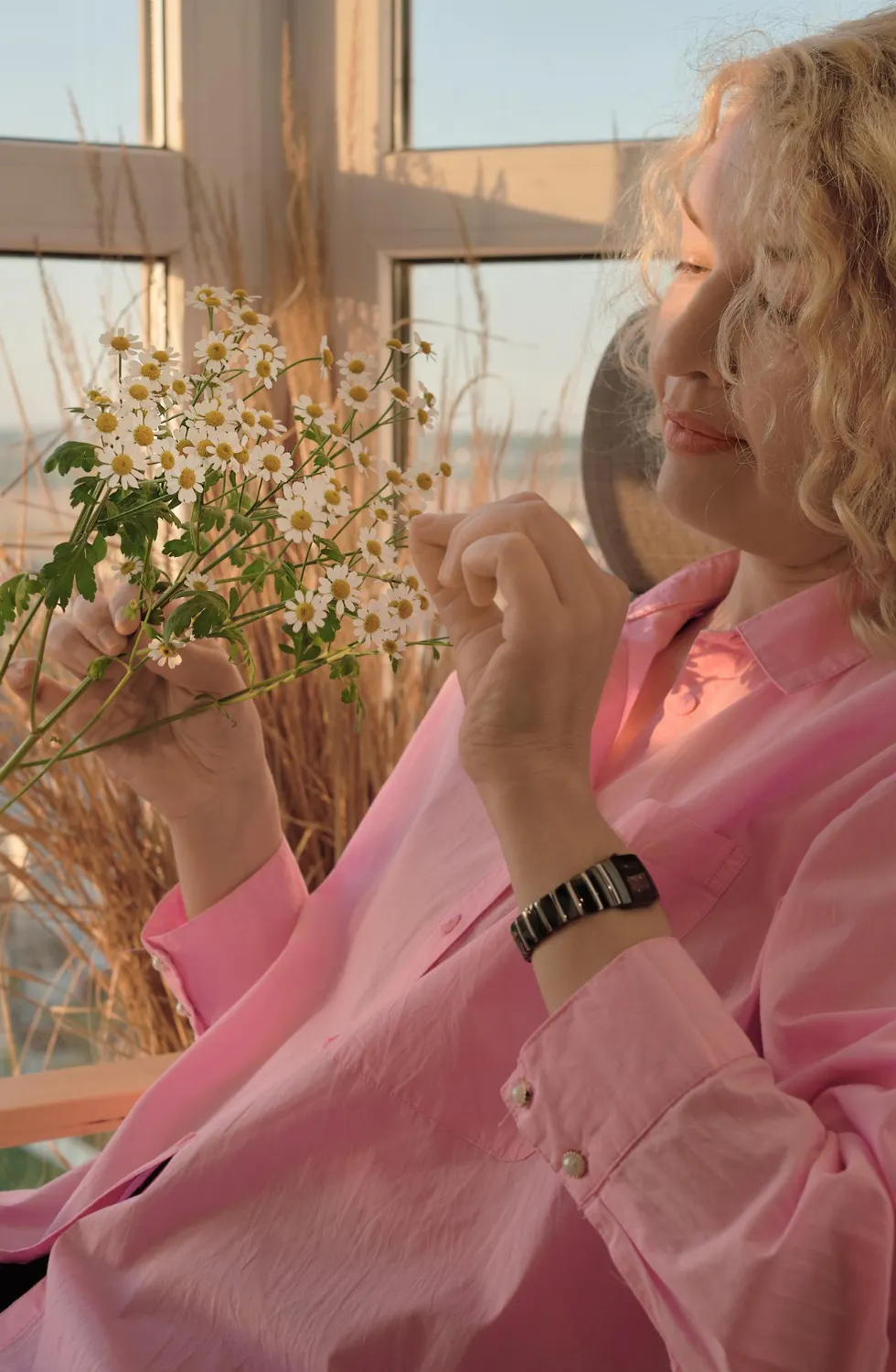
Case Study: Lina's Journey of Self-Care Amidst Caregiving Chaos
Meet Lina, a midlife woman who wears multiple hats – a devoted wife, a loving mother to two children, a dedicated remote worker, and now, a caregiver to her mother, who is battling Alzheimer's. With her mum moving in, the household dynamics shifted, leaving Lina with a constant juggling act. Time feels like a precious commodity, always slipping through her fingers.
Amidst the whirlwind of responsibilities, Lina discovered her lifeline: the early morning sunrise. Before the household stirs, she steals a moment to sit in quiet contemplation, allowing the tranquility of dawn to wash over her. These stolen moments of serenity set the tone for her day, offering a brief respite before the storm.
In the midst of her bustling schedule, Lina embraces the power of the "mini-me moment." Whether rain or shine, she seeks solace in the garden or a quiet corner of the garage for just ten minutes. With each intentional deep breath, she refuels her spirit, reminding herself that she too deserves care and attention.
Lina's self-care journey is a testament to the strength that lies in embracing simplicity. Amidst the chaos, she finds solace in the sunrise and strength in the stillness. Through these pockets of tranquility, she nurtures herself, ensuring that she remains a steadfast caregiver while carving out the essential moments that replenish her own well-being.
Seeking Help and Resources
"Think of self-care as an investment, not just for your own future but for the legacy you're creating. By modeling self-care, you're teaching future generations that nurturing oneself is a crucial part of a fulfilling life." - Karen Thompson, Aging Well Advocate
In the grand tapestry of caregiving, you're not alone. Surround yourself with a community that speaks your language, understands your journey, and offers a hand when needed. Share stories, exchange wisdom, and create a bond that reminds you that superheroes wear capes, but caregivers wear compassion. And don't forget your healthcare providers – they're like the navigators on your caregiving ship, guiding you through the seas with expertise and care.
Caregivers should never hesitate to seek help and tap into available resources. Support groups and online communities offer spaces to share experiences, exchange advice, and find solace in knowing they are not alone. Accepting help from family, friends, or professionals is not a sign of weakness but a testament to their commitment to the well-being of their loved ones. Regular check-ins with healthcare providers ensure caregivers monitor their own health while managing the health of others.
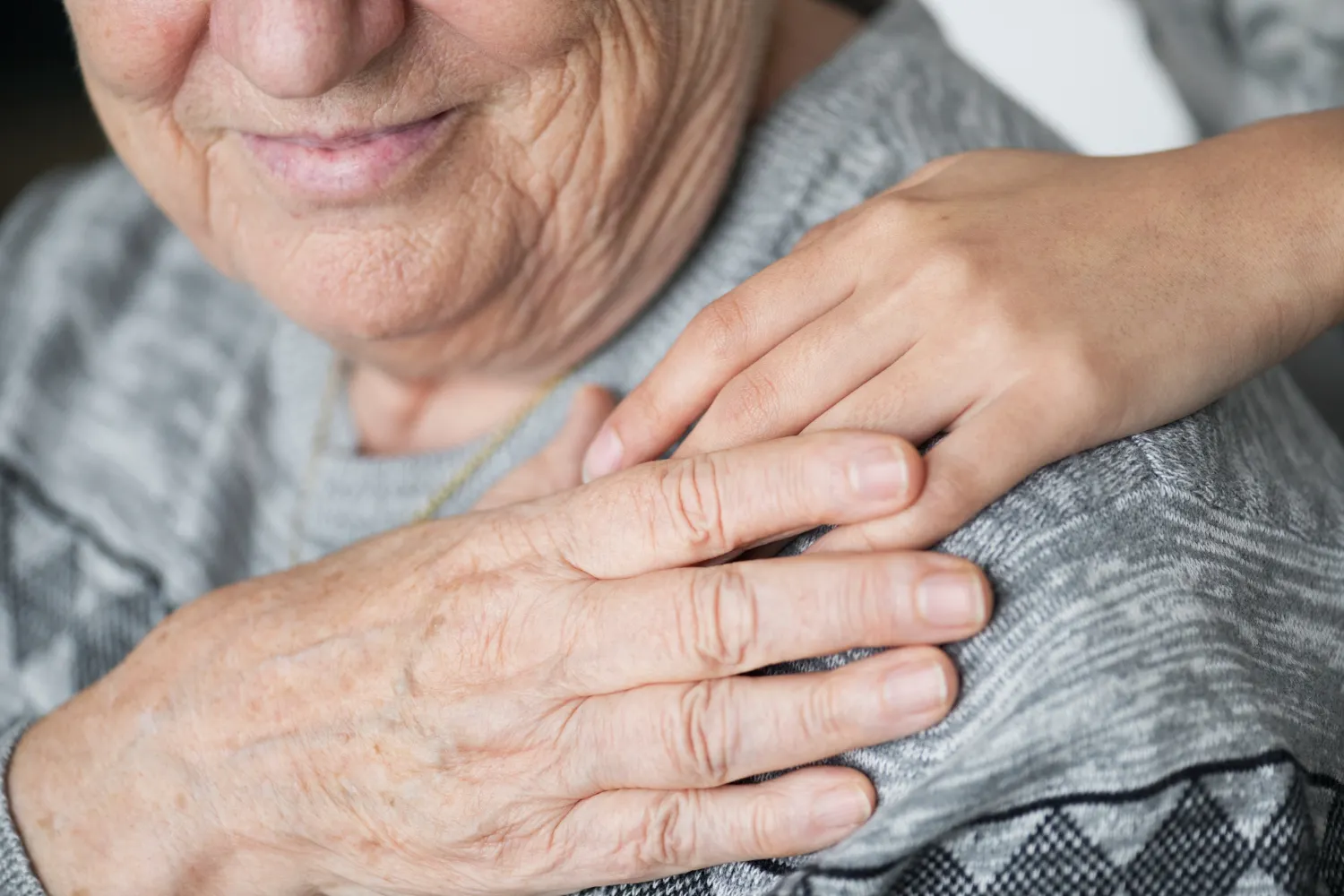
Recap FAQs
Below are 10 frequently asked questions (FAQs) with common concerns and suggestions.
1. What is self-care, and why is it important for caregivers?
Self-care involves prioritizing your own well-being through activities that nourish your body, mind, and spirit. For caregivers, self-care is crucial as it replenishes your energy, reduces stress, and enhances your ability to provide effective care.
2. How can I overcome the guilt of taking time for myself?
Overcoming guilt requires a mindset shift. Understand that self-care isn't selfish; it's a necessity for sustaining your caregiving journey. Recognize that by nurturing yourself, you're better equipped to care for your loved ones.
3. I'm overwhelmed with caregiving duties. How can I find time for self-care?
Time management is key. Start small by carving out short pockets of time for self-care activities, and gradually expand as you see the positive impact. Remember, self-care doesn't have to be time-consuming; even brief moments count.
4. What are some quick self-care activities I can do during busy days?
Quick self-care activities include deep breathing exercises, a 10-minute walk, journaling for a few minutes, practicing mindfulness, or savoring a cup of herbal tea.
5. How can I balance caregiving with my own needs without feeling overwhelmed?
Setting boundaries is essential. Establish clear limits on your time and commitments, and communicate your needs to family members or others involved in the caregiving process.
6. Are there self-care activities that I can do together with the person I'm caring for?
Absolutely. Engaging in activities such as listening to calming music, gentle stretching, or looking through old photo albums can be enjoyable for both you and your loved one.
7. How do I find support from others who understand the challenges of caregiving?
Seek support groups or online communities specifically for caregivers. These spaces provide a platform to share experiences, receive advice, and connect with people who are on a similar journey.
8. What can I do to manage stress and prevent burnout?
Regular exercise, proper nutrition, quality sleep, and mindfulness practices are effective stress management tools. Don't hesitate to ask for help when needed and consider seeking professional guidance if stress becomes overwhelming.
9. Can practicing self-care actually make me a better caregiver?
Absolutely. When you take care of yourself, you have more emotional reserves, patience, and energy to care for others. Self-care enhances your ability to provide compassionate care and reduces the risk of burnout.
10. How can I stay motivated to prioritize self-care over the long term?
View self-care as an ongoing commitment to your overall well-being. Reflect on the positive effects it has on your ability to care for your loved ones and remind yourself that you deserve to be nurtured too.

The Vibrant Thread
In the intricate tapestry of caregiving, self-care is a vibrant thread that must not be overlooked. Women in caregiving roles possess incredible strength, resilience, and capacity for compassion. By embracing self-care, they fortify these qualities and elevate their caregiving experiences. Remember, nurturing oneself is not a luxury – it's a necessity that enables caregivers to walk the life journey with grace, strength and renewed vitality.
Dear caregiver, as the curtain falls on this exploration of self-care, remember that you are the star of this show. Every act of self-care is a standing ovation for your unwavering dedication. Embrace the magic that lies in taking care of yourself, for it's this magic that transforms caregiving from duty into a dance, from responsibility into a joyous journey. So, let the symphony of self-care play on, and may your life's garden bloom with love, resilience, and the vibrant hues of your own well-being.







